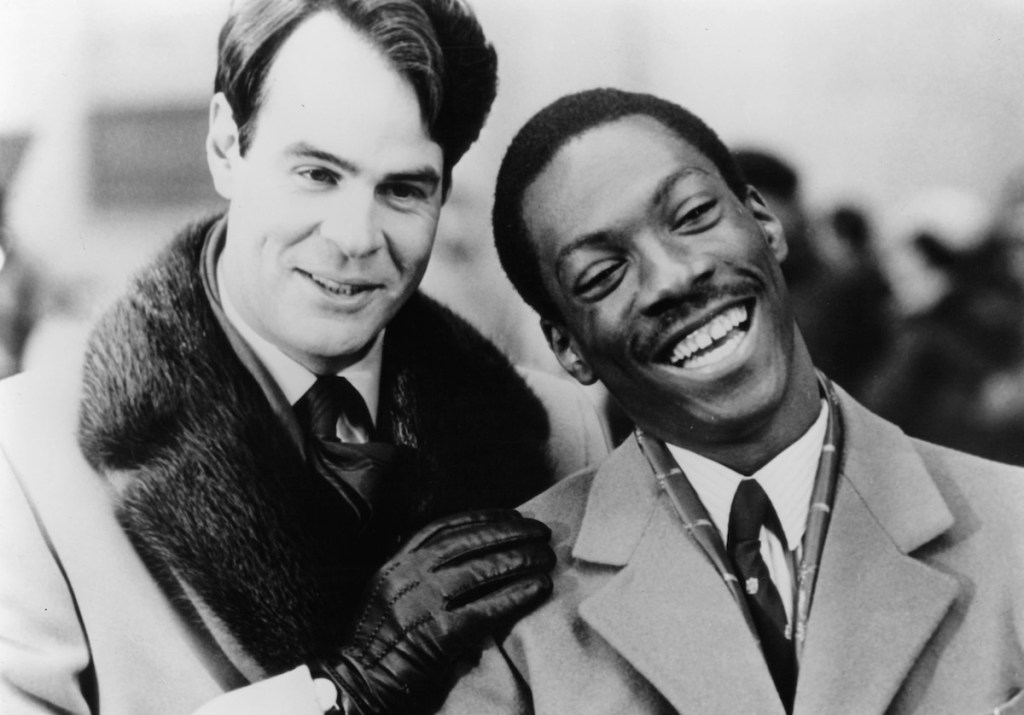A judge upheld the copyright infringement decision in the 2015 ruling of Robin Thicke’s “Blurred Lines” against Marvin Gaye’s “Got To Give It Up.” Thicke, Pharrell Williams, and T.I. took their case to the 9th Circuit Court of Appeals, but although T.I. is off the hook, Thicke and Williams are still responsible to pay $5.3 million the Gaye estate. The jury sought 50 percent of “Blurred Lines” publishing revenue, $3.2 million, along with $1.8 million from Thicke and $325,000 from Williams. The Gaye family is also entitled to 50 percent of the royalties made from the 2013 song.
The Gaye’s family took the trio to court in 2015, where a jury found Thicke and Williams guilty of infringing on the melody of Gaye’s original song, resulting in $5.3 million in damages. But the new decision from the 9th Circuit Court of Appeals was not only a win for the Gaye family but T.I. and Interscope.
Videos by VICE
In a report by The Hollywood Reporter , T.I. motioned to overrule the 2015 verdict and no parties involved could find a reason to challenge that:
“Harris and the Interscope Parties contend that the district court erred in overturning the jury’s general verdicts finding in their favor,” says Smith. “We agree. First, the Gayes waived any challenge to the consistency of the jury’s general verdicts. Second, even had the Gayes preserved their challenge, neither Federal Rule of Civil Procedure 50(b) nor our decisions in Westinghouse and El-Hakem v. BJY Inc., conferred authority on the district court to upset the jury’s verdicts in this case. Third, as to Harris specifically, the district court erred for the additional reason that no evidence showed Harris was vicariously liable.”
According toThe Hollywood Reporter, the appeals court isn’t even allowing the records to be played for the jury. It poses the question of what is safe to borrow and what is actually infringement? Thicke’s argument was that the copyright provided by Gaye’s family could be applied for a “thin” copyright, citing that “Music compositions are not confined to a narrow range of expression.” But as courtroom loopholes would have it, the 1909 Copyright Act wasn’t eligible for sound recordings, and “Got To Give It Up” was created just before the law was amended. The 9th Circuit Court ruled that only sheet music was guaranteed that level of protection.
It’s funny that we’re still talking about this song five years later in ways we’d never imagined. To what measure is T.I. considered a “lesser player?” His presence on the song seems just as valid as both Thicke’s and Williams’s. Could the Gaye family secretly be T.I. fans? So many questions for a song that had everyone screaming, “Hey, hey, hey!”
Kristin Corry is a staff writer at Noisey. Follow her on Twitter.
More
From VICE
-

Screenshot: Blizzard -

Winthrop and Valentine (Photo by Paramount/Getty Images) -

Image Credit: Taco Bell

